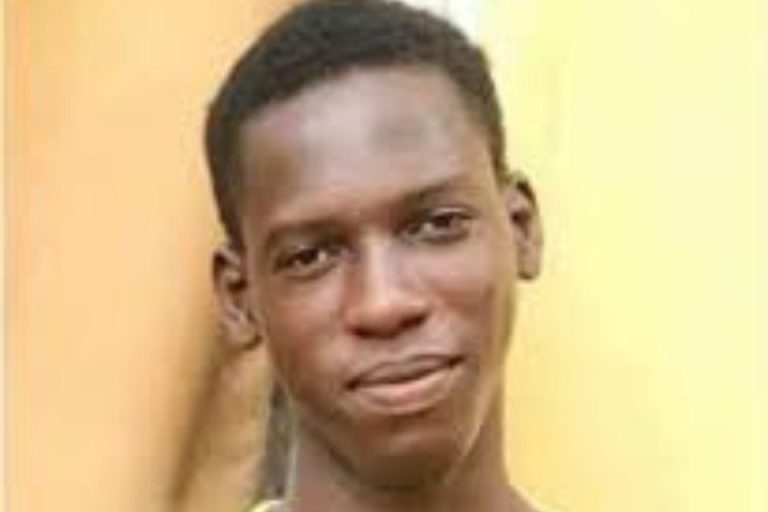
Media Rights Agenda
The Executive Director of Media Rights Agenda (MRA), Mr Edetaen Ojo has called for “an urgent introduction of an appropriate legal framework for digital broadcasting” as the current legal regime for broadcasting will likely be rendered obsolete by 2019, the estimated time for the completion of the Digital Switchover (DSO).
The renowned Media guru made the call in Abuja on Friday, February 23, 2018 during his presentation at the Media Project Stakeholders Meeting, organized by the Institute for Media and Society (IMS) with support from the European Union, as part of the support to the media component of the EU Support to Democratic Governance in Nigeria Project.
According to him, the digital switchover (DSO) for countries within Region 1 of the International Telecommunications Union (ITU), to which Nigeria belongs, should have been effected by June 17, 2015. He noted that, owing to a number of factors, Nigeria could not meet this deadline.
It would be recalled that on April 30, 2016, Nigeria launched the Pilot Scheme of the Digital Switch Over in Jos, Plateau State and rolled-out in Abuja on December 22, 2016. Nigeria has subsequently laid out a phased roll-out programme for the conversion from analogue to digital broadcasting, which the National Broadcasting Commission (NBC) has been implementing since 2017.
Calling for an appropriate legal framework, Mr Ojo said, “Nearly three years behind schedule, Nigeria is now implementing an aggressive transition from analogue to digital terrestrial television (DTT) broadcasting services.
“In the digital environment which will replace the current analogue system, many aspects of the present legal framework for the licensing and regulation of broadcasting will no longer be relevant. In addition, many of the Federal Government’s plans in this regard will have to be backed by law, either in the form of a further amendment to the current National Broadcasting Commission Act or through the passage of a completely new piece of legislation. Other aspects will require policy frameworks or other forms of regulations. Most of the current players in the broadcast sector will have to be licensed differently from the current arrangements or system.”
Mr Ojo observed that the National Broadcasting Commission (NBC) plans among other things to charge a Digital Access Fee, establish a programme production fund out of which it can provide grants and other financial support for young creative persons wishing to create content in the digital era, liaise with the Association of Local governments, the Broadcasting Organizations of Nigeria and other relevant associations for the collection and allocation of the fund etc.
“This plan will very likely require at a minimum some statutory framework to clarify the issue and perhaps a constitutional amendment to fully resolve it,” he said.
Mr Ojo expressed concerns as it is not entirely clear at this time if there is a realistic chance of such interventions happening any time soon given the role that the National Assembly needs to play in the process and the current worrying level of familiarity with the issues by its members.
Therefore, he called on all members of the media community to come together to ensure that this imminent lacuna is proactively addressed.





